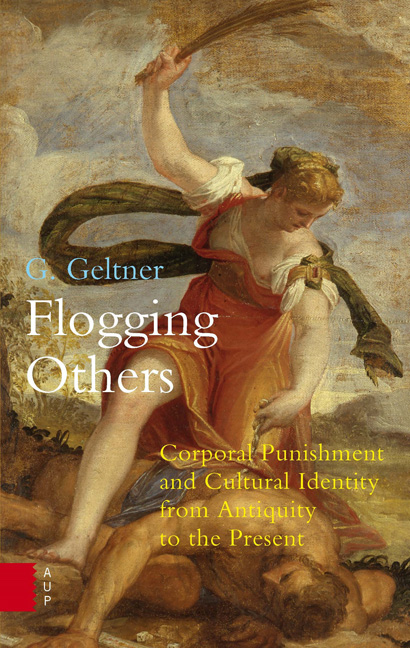Summary
Corporal punishment is an evocative, almost self-explanatory term. But like other concepts with powerful and immediate connotations, it is poorly understood and rarely interrogated. Outside academia, and often within it, corporal punishment is the subject of simplistic analyses and misinformed expositions. The concept itself is ill-defined, its comparative history (as traced by historians of punishment) neglected, and there is little insight into its functions and meaning in a given cultural context, that is, beyond the exigencies of a legal or physical event. There are several explanations for this state of affairs, some obvious, others less so, as I will try to show. Yet the main threat it poses for specialist and lay audiences alike is the perpetuation of a streamlined view of punishment in general and Western penology in particular, one that tends to reflect a defensive cultural identity rather than any plausible historical trajectory. As a corrective, this brief book challenges a number of pervasive myths and lingering misconceptions about corporal punishment from a combined historical and anthropological perspective, and establishes the outlines of its complex history.
To clarify, the following pages offer an introduction to corporal punishment, mainly from a Western perspective, not a full-blown history of the measure or its applications. My goal is to trace its general contours rather than delineate the specific process by which certain societies developed or abandoned corporal penal measures. Nonetheless, the underlying historical argument of this book is that corporal punishment's path deviates greatly from the gradual decline often attributed to it during the long transition from antiquity to the present day. This may be an unsettling proposition from a Western perspective, especially regarding the period known as the Middle Ages and that straddling the Enlightenment and modernity. For despite the common perception of them being antithetical, the former by no means endorsed corporal punishment as a matter of course, while the latter's alleged birthing of the prison hardly announced the death of the rod. Indeed, far from an aberration of modernity, recourse to corporal punishment only expanded since the late eighteenth century, along with slavery, colonialism, penal incarceration, advanced science and medicine, and the nation-state.
- Type
- Chapter
- Information
- Flogging OthersCorporal Punishment and Cultural Identity from Antiquity to the Present, pp. 9 - 20Publisher: Amsterdam University PressPrint publication year: 2014



